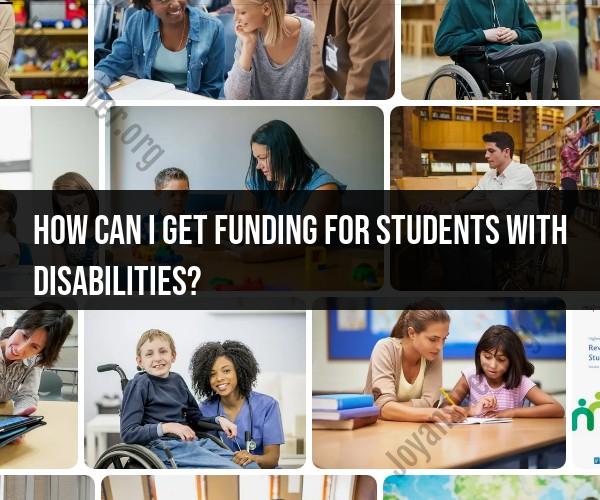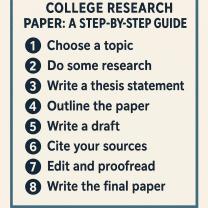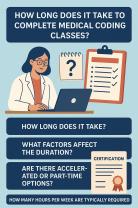How can I get funding for students with disabilities?
Securing funding for students with disabilities often involves navigating various sources and programs. Here are some potential avenues to explore:
Federal Funding Programs:
IDEA (Individuals with Disabilities Education Act): This federal law mandates that eligible students with disabilities receive a free and appropriate public education. Funding is provided to states through grants.
Section 504 of the Rehabilitation Act: Schools that receive federal funds are required to provide equal access and accommodations to students with disabilities. While Section 504 doesn't provide direct funding, it ensures that schools make necessary accommodations.
State and Local Education Agencies:
- Check with your state's Department of Education for information on state-level funding programs and grants that support students with disabilities.
Grant Opportunities:
- Look for grants from private foundations, nonprofits, and corporations that focus on education and disability support. Websites like GrantWatch or GrantStation can help identify relevant opportunities.
Special Education Funding:
- Explore funding specifically designated for special education programs within your school district or education agency.
Title I Funding:
- Some schools may receive Title I funding, which is designed to support students in high-poverty schools. Part of this funding can be allocated to support students with disabilities.
Medicaid Reimbursement:
- In some cases, schools may be eligible for Medicaid reimbursement for certain services provided to students with disabilities. Check with your school's administration and local Medicaid offices for more information.
Community and Nonprofit Organizations:
- Reach out to local disability advocacy groups, nonprofits, and community organizations. They may have resources or be aware of funding opportunities.
Corporate Sponsorship:
- Some businesses and corporations may offer grants or sponsorships to support educational initiatives, including those focused on students with disabilities.
Technology Grants:
- If you are seeking funding for assistive technology, explore grants specifically aimed at enhancing technology access for students with disabilities.
Parent-Teacher Associations (PTA) and School Fundraisers:
- Engage with your school's PTA or organize fundraisers within the school community to raise funds for specific needs related to students with disabilities.
Collaborate with Local Agencies:
- Work with local disability services agencies, vocational rehabilitation services, and other community organizations to explore funding options or collaborative initiatives.
When seeking funding, it's essential to thoroughly research and understand the eligibility criteria, application processes, and reporting requirements for each potential funding source. Additionally, collaborating with colleagues, parents, and community partners can strengthen your efforts to secure support for students with disabilities.
What funding options are available for students with disabilities?
Students with disabilities have access to a variety of funding options to help them pursue higher education. These options include:
Federal financial aid: The U.S. Department of Education offers several grants and loans to students with disabilities, including the Pell Grant, the Federal Supplemental Educational Opportunity Grant (FSEOG), and the Teacher Education Assistance for College and Higher Education (TEACH) Grant.
State-funded grants and scholarships: Many states offer their own grants and scholarships specifically for students with disabilities. These programs often have eligibility requirements based on financial need, academic achievement, or the specific type of disability.
Scholarships from private organizations: Numerous private organizations, foundations, and corporations offer scholarships for students with disabilities. These scholarships often have specific criteria, such as the type of disability, field of study, or community involvement.
Employer-sponsored scholarships: Some companies offer scholarships for employees' children, including those with disabilities. Employees may also be eligible for tuition reimbursement programs through their employers.
Veterans' benefits: Veterans with disabilities may be eligible for educational benefits through the U.S. Department of Veterans Affairs (VA). These benefits can help cover tuition, fees, and living expenses for eligible veterans.
Are there scholarships or grants specifically designed for students with disabilities?
Yes, there are numerous scholarships and grants specifically designed for students with disabilities. These scholarships often have specific eligibility requirements related to the type of disability, academic achievement, financial need, or field of study. Some examples of scholarships for students with disabilities include:
The Anne Ford and Allegra Ford Scholarship: This scholarship is awarded to students with physical disabilities who are pursuing a bachelor's degree in a STEM field.
The Autistic Self Advocacy Network (ASAN) Autism Scholarship: This scholarship is awarded to students with autism spectrum disorder who are pursuing a bachelor's degree or higher.
The Disability Care Center Scholarships: These scholarships are awarded to students with any type of disability who are pursuing a bachelor's degree or higher.
The Foundation for Science and Disability Scholarship: This scholarship is awarded to students with physical disabilities who are pursuing a bachelor's degree or higher in a STEM field.
The National Federation of the Blind (NFB) Scholarships: These scholarships are awarded to blind students who are pursuing a bachelor's degree or higher.
How do educational institutions support students with disabilities financially?
Educational institutions support students with disabilities financially in several ways:
Providing financial aid specifically for students with disabilities: Some colleges and universities offer their own scholarships, grants, and work-study programs for students with disabilities. These programs may have specific eligibility requirements related to the type of disability, financial need, or academic achievement.
Offering disability services: Disability services offices at colleges and universities can provide information about funding options, assist with applications, and connect students with other resources.
Providing accommodations and modifications: Educational institutions are required to provide reasonable accommodations and modifications to students with disabilities to ensure equal access to education. These accommodations may include extended test time, alternative testing formats, or assistive technology.
Are there government programs or non-profit organizations offering financial aid to disabled students?
Yes, there are several government programs and non-profit organizations that offer financial aid to disabled students. Some examples include:
The U.S. Department of Education's Office of Special Education and Rehabilitative Services (OSERS): OSERS provides grants to states and vocational rehabilitation agencies to support education and training services for individuals with disabilities.
The Social Security Administration (SSA): The SSA offers Supplemental Security Income (SSI) to individuals with disabilities who meet certain income and disability criteria.
The American Foundation for the Blind (AFB): The AFB offers a variety of scholarships and grants for blind and visually impaired students.
The Association of Disabled Americans (ADA): The ADA offers scholarships for students with disabilities who are pursuing a bachelor's degree or higher.
The Council for Exceptional Children (CEC): The CEC offers scholarships for students with disabilities who are pursuing a degree in special education.
What resources or platforms can assist students with disabilities in finding funding for education?
Several resources and platforms can assist students with disabilities in finding funding for education:
FinAid.org: FinAid.org provides a comprehensive resource for financial aid information, including scholarships specifically for students with disabilities.
CollegeBoard.org: CollegeBoard.org offers the Scholarship Search tool, which allows students to search for scholarships based on their academic achievement, financial need, and other criteria.
Fastweb.com: Fastweb.com is another scholarship search engine that allows students to search for scholarships based on their personal characteristics and interests.
Peterson's: Peterson's offers











